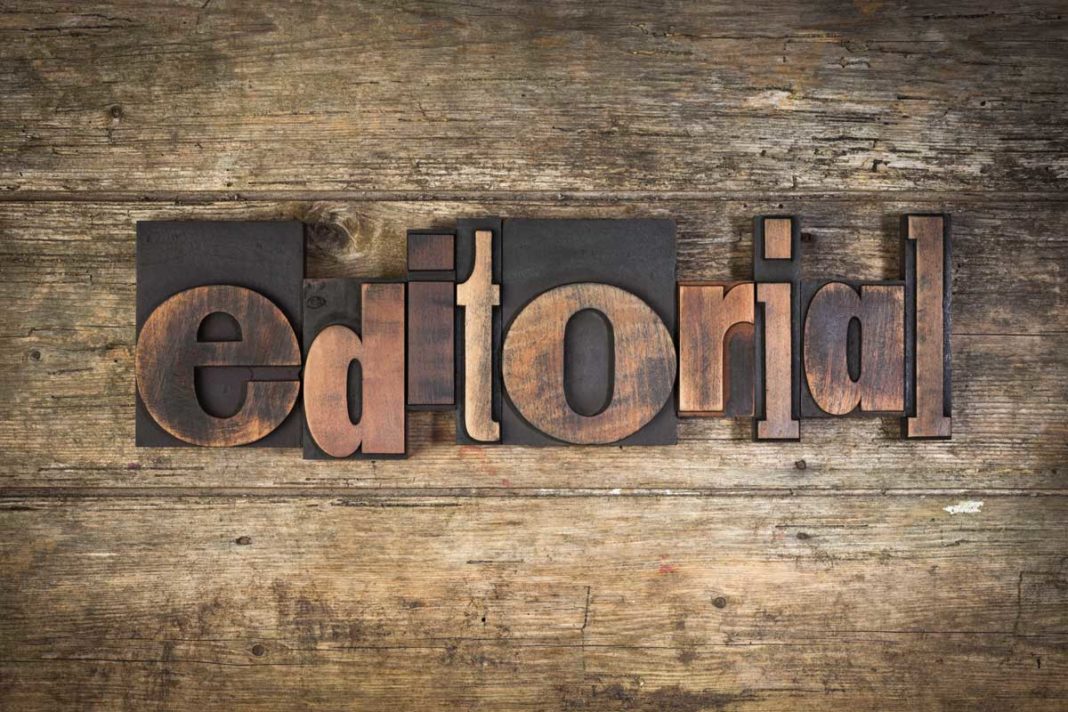This coming Saturday, May 8 will witness the official coronation ceremony of His Royal Majesty Charles III take place at Westminster Abbey with plenty of pomp and circumstance, but this event will remain a pale shadow of the coronation of his mother Queen Elizabeth II.
When the young princess who would be queen was officially crowned in June 1953 it was, as is tradition, many months after the passing of her father, King George VI. The long delay between a new monarch’s ascension to the throne and the crowning of a new monarch is traditional, as a coronation is meant to be a joyous occasion and inappropriate in a time of national mourning. But it also took a significant amount of time to plan and execute the coronation ceremony, especially given that that event took place prior to the digital age.
The 74-year-old King Charles III has ascended to the throne as the oldest heir to do so, a huge contrast to the 25-year-old Elizabeth, crowned at the dawn of a heady new age. The Second World War had only ended less than a decade before. Her father King George VI was the last emperor of India and of a British Empire upon which the sun never set.
King Charles is the monarch of a much-reduced collection of pink bits (old maps always depicted the parts of the British Empire in pink). He is also heir to a much-reduced standing in the public polls of the monarchy. His mother was widely seen as an effective and beloved monarch (although that affection was hardly universal) and expectations of the new king fall far short of his mother’s shadow.
Britain, economically and politically reeling from its recent divorce from the European Union and the collateral damage of the global pandemic, is wrestling with its commitment to a monarchy and aristocracy that could well-afford to be cut from the public purse.
Further afield in the Commonwealth, the monarchy has also seen a significant drop in popularity following the death of Queen Elizabeth II. In Canada, once a proudly decked-in-pink child of the British Empire, recent polls show a significant majority of our citizens are agreeable to cutting the few remaining bonds to the monarchy—and believe the matter should be decided by referendum.
Aristocracy and the feudal trappings that go with it are perceived more as glaring anachronisms in a democratic age than as important historical vestiges. Few Canadians understand the role of the Crown in our democracy, and more and more are coming to question our nation’s links to the more odious incidents of the British Empire’s past. It seems many believe the taint of Britain’s original sin could be washed down the drain with a repudiation of the new monarch. There are a host of Indigenous pundits who might point out that we own most of our own sins as a nation. The echoes of those sins, the residential school system, systemic racism, the patriarchal oversight still practiced by the federal government over First Nation territories, none of these will be wiped from our slate by one simple act of revision. If anything, repudiation of the monarchy could complicate reconciliation even further.
Opponents of the monarchy will point to the costs associated with hosting royal visits, the cost of the office of the Governor General and provincial counterparts, blithely overlooking the immense cost and ongoing challenges that would be inherent in moving to a republican system. A glance south will demonstrate in heartbeat that republicanism is no panacea for what ails democracy in the digital age.
But simple solutions are attractive, especially when viewed by a citizenry who are increasingly suspicious of our institutions and the players within but not willing to spend the time necessary to educate themselves beyond the sound bites and spin of populists seeking to harness that suspicion to their own political ends.
Still, the monarchy has one great asset standing in the way of its demise—simple inertia. The undertaking of removing the Crown from our democracy is so massive and the cost to do so would be so daunting that it will likely not come to fruition any time soon.
So this Monday, sit back and enjoy the spectacle, reduced though it may be in scale and circumstance. In many more ways than one, this will be a historic occasion and remains a part of our shared heritage as a nation—like it or not.





